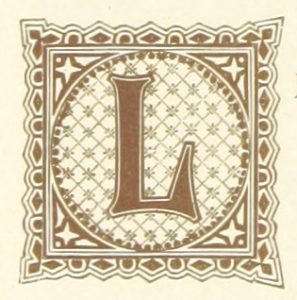nav
The Importance of Census Records
August 13, 2021

Three days ago the 2021 Census took place here in Australia, which got me thinking about the importance of census records in family history. As I looked through the census questions, I admit that I did feel a little envious of the future researchers and/or descendants who will see these records when they are released in 99 years time – I wish censuses from 100 or 200 years ago had the same amount of rich detail that modern censuses contain! Here are two tips for using census records effectively in your family research:
- If your ancestor did not leave behind many records, the census can be a wonderful way to pin down their birth date or marriage. Since they were giving the information themselves, the records tends to be a little more reliable than, say, a death record that contains information given by a relative who may not know the correct particulars of the deceased’s life. Of course, census information can be incorrect and it is always good to verify the information with other reliable records if possible
- If your ancestor immigrated to another country, census records can help pin down their date of departure. For example, if your ancestor is present on the 1851 census, but not on the 1861 or 1871 census, you can usually conclude that they immigrated during this time.*
*always check more than one census, sometimes an ancestor will not be listed on one census but will be on the next.

A census success story:
I knew next to nothing about one of my second great grandfathers. He had an absurdly common name and all the information I had was that he was born in the UK, held the rank of captain in the Salvation Army and had lived in Western Australia during the early 1900s. His death record held very little information and his birth record had not been found.
By chance, I came across a newspaper advertisement in the 1920s about a probate for his mother Emma. Now knowing that he had other family members in Australia, I checked her death record and found her birthplace, parents and year of birth. By checking the 1881 census records for her birthplace, I found that my second great grandfather had been born that year and that he had two siblings. The family did not appear on the 1891 census and but showed up on the 1903 Australian Electoral Roll records, so I can conclude that they immigrated to Australia between 1881-1903. I was also able to find my second great grandfather’s birth record. Further research includes finding out what ship they immigrated from and what the whole family did when they arrived in Australia. If it were not for checking census records, I likely would not have been able to find out the rest of this family’s story.
I hope this blog post has helped and got you thinking about researching with census records.
Stay safe and well,
